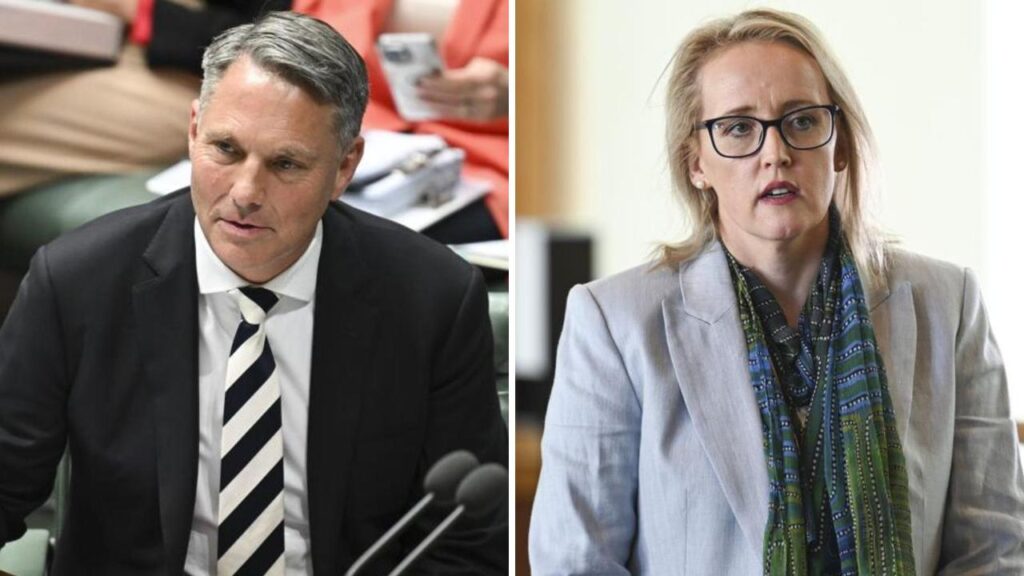Aboriginal land claim rocks harbourside suburb
Written by admin on November 5, 2024
A Sydney council has vowed to challenge a land claim over a park in one of the city’s richest suburbs, saying the area has been used by the community for a “lawful and essential purpose” years before the date of the claim.
Mosman Council on Tuesday confirmed it would fight a claim made by the NSW Aboriginal Land Council covering the entirety of Little Ashton Park, on the harbourside of Mosman overlooking Sydney Harbour.
The park itself is about 8280 sqm, located close to Taronga Zoo along Whiting Beach Rd.
While the claim was made back in 2009, the council has been forced to respond to the land claim after contacted by the Department of Crown Lands, which manages all land owned by the NSW government.
Under NSW law, a local Aboriginal Land Council can make a claim for Crown-owned land, subject to certain provisions which include that it is not being lawfully used or occupied, or needed for residential land or an “essential public purpose”.
In a statement, Mosman Council said they were made aware of the claim pertaining to Little Ashton Reserve last year.
“Council has been asked to respond to the claim made to Crown Lands,” a spokeswoman said.
“Council’s position is that the claim should be denied as the park is currently being used by the community for a lawful and essential public purpose (recreating, drainage and utility provision) and has continued to be used for this purpose since before the date of the claim until the present day.”
A Crown Land spokesman said the claim was being assessed but a timeline on when the determination would be made could not be given.
The NSW Aboriginal Council were contacted for comment.
Under the Aboriginal Land Rights Act 1983, the NSW Aboriginal Land Council and Local Aboriginal Land Councils have a right to lodge land claims on Crown land – a precedent held for the past 40 years.
Land claims need to be assessed against criteria in the Act, including whether the land was lawfully used or “occupied on the date the claim was made, or is needed for an essential public purpose”.
When a claim is being processed, Crown Lands are required to reach out to interested stakeholders – including local councils and other relevant authorities – to invite them to provide information on whether the land was used and needed at the time of the claim.
The new claim follows Mosman Council last year unanimously opposing a native title land claim over Lawry Plunkett Reserve on Balmoral Beach.
The popular stretch of parkland between Botanic Rd and Plunkett Rd, which sits just off the Esplanade, was worth $100m and was first lodged 14 years ago.
Nathan Moran, the chief executive of the Metropolitan Local Aboriginal Land Council which made the claim, defended the move at the time.
“Claims are available under the Aboriginal Land Rights Act – all local land councils are able to make claims on crown land,” he said.
“The Act in 1983 was set up as recompense for the loss of the state.
“For all the resources, minerals, freehold private land, pastoral lands, licensed lands, all lands other than crown lands were off the table.
“But what was left in land rights was the ability to make claims on it. We’re only allowed to receive land that’s not required by either the state or local governments … for essential public purposes.”
Last week, the NSW Aboriginal Land Council, alongside other members of Local Aboriginal Land Councils, convened in Orange for a seminar in the wake of federal Environment Minister Tanya Plibersek blocking the development of the McPhillamys mine in regional NSW.
The councils called on NSW Premier Chris Minns to lobby the federal government for changes to the Environment Protection and Biodiversity Act, which would allow a provision to recognise them as the only Indigenous representatives on matters of environmental protection and cultural heritage.
Ms Plibersek had aligned her decision with the Wiradyuri Traditional Owners Central West Aboriginal Corporation, who had asserted “sacred song lines” ran through the Belubula River, in the area of the mine.
This is despite the Orange Local Aboriginal Land Council saying no sacred sites existed where the mine’s dam was proposed.
Read related topics:Sydney







